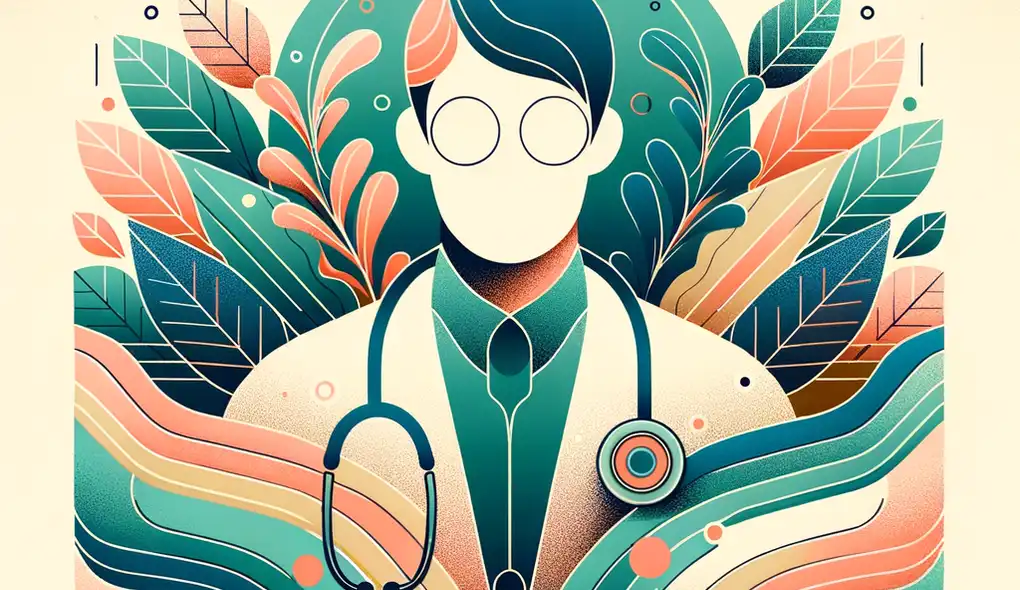What do you believe is the biggest challenge in tropical medicine today and how would you address it?
Tropical Medicine Specialist Interview Questions
Sample answer to the question
The biggest challenge in tropical medicine today is the prevention and control of infectious diseases. With the diverse range of diseases prevalent in tropical regions, it's crucial to have effective strategies in place to identify, treat, and prevent the spread of these diseases. As a tropical medicine specialist, I would address this challenge by prioritizing research and staying up-to-date with the latest advancements. I would also work closely with local health agencies and international organizations to develop effective prevention strategies and educate the community about the importance of tropical health. Additionally, I would advocate for increased funding and resources for tropical medicine research and healthcare infrastructure in these regions.
A more solid answer
The biggest challenge in tropical medicine today is tackling the spread of vector-borne diseases like malaria and dengue fever. These diseases pose a significant health threat to tropical regions, causing high mortality rates and economic burden. To address this challenge, I would utilize my solid understanding of tropical diseases and their treatment to develop innovative prevention strategies. For example, I would collaborate with entomologists and environmental scientists to identify breeding sites of disease-carrying mosquitoes and implement targeted vector control measures. I would also engage in research to identify genetic factors that contribute to the resistance or susceptibility of individuals to these diseases, which can inform more effective treatment approaches. Working in multidisciplinary teams, I would advocate for increased resources and funding to strengthen healthcare infrastructure in tropical regions and improve access to diagnostic tools and treatment options. Additionally, I would leverage my problem-solving skills to develop educational campaigns to raise awareness about the importance of personal protective measures and early detection of symptoms. Organization and efficient data recording would be crucial in monitoring the effectiveness of interventions and adjusting strategies as needed.
Why this is a more solid answer:
The solid answer goes into more detail about the challenge of tackling vector-borne diseases and provides specific examples of how the candidate would address the challenge. The answer also demonstrates the candidate's skills and qualifications in tropical medicine and highlights their ability to work in multidisciplinary teams, problem-solving skills, and organizational abilities. However, it could further improve by incorporating cultural sensitivity and language skills, as stated in the job description.
An exceptional answer
One of the biggest challenges in tropical medicine today is the emergence of drug-resistant strains of infectious diseases, such as malaria and tuberculosis. These resistant strains undermine the effectiveness of standard treatment protocols and require innovative approaches to ensure successful patient outcomes. To tackle this challenge, I would draw upon my solid understanding of tropical diseases and their treatment to actively participate in research collaborations aimed at identifying new drug targets and therapeutic interventions. For instance, I would engage in clinical trials to evaluate the efficacy of novel antimalarial or antituberculosis drugs and contribute to the development of evidence-based treatment guidelines. Furthermore, I would work closely with national and international health organizations to implement programs that promote appropriate antibiotic and antimalarial use to prevent the emergence of drug resistance. Additionally, I would leverage my research and analytical skills to monitor patterns of drug resistance and identify geographical or demographic factors contributing to its spread. By understanding these factors, I would contribute to the establishment of targeted interventions and education campaigns tailored to specific populations. Moreover, I would collaborate with local communities, respecting their cultural practices and beliefs, to enhance awareness and acceptance of these interventions. Overall, to address the challenge of drug-resistant infectious diseases, I would combine my expertise in tropical medicine, research skills, and cultural sensitivity to develop comprehensive and sustainable solutions.
Why this is an exceptional answer:
The exceptional answer provides a comprehensive approach to addressing the challenge of drug-resistant infectious diseases in tropical medicine. It demonstrates the candidate's expertise in tropical diseases and their treatment and emphasizes their commitment to research collaborations, clinical trials, and evidence-based medicine. The answer also highlights the candidate's strong research and analytical skills and their ability to adapt interventions to specific geographical and demographic factors. Furthermore, it emphasizes the importance of cultural sensitivity and collaboration with local communities to enhance the acceptance and effectiveness of interventions. However, it could still improve by incorporating more examples of how the candidate would work in multidisciplinary teams and utilize their organizational and data recording abilities, as stated in the job description.
How to prepare for this question
- Stay updated with the latest research and advancements in tropical medicine, particularly in the field of infectious diseases and drug resistance.
- Develop strong research and analytical skills through participation in research projects and clinical trials related to tropical medicine.
- Enhance cultural sensitivity by immersing yourself in diverse communities and understanding their healthcare beliefs and practices.
- Foster effective communication and collaboration skills by engaging in multidisciplinary team projects or volunteering in healthcare settings with a diverse patient population.
- Hone problem-solving skills by actively seeking opportunities to identify and address challenges in healthcare provision in tropical regions.
- Develop good organizational and data recording abilities by practicing efficient documentation in clinical settings or research projects.
What interviewers are evaluating
- Solid understanding of tropical diseases and their treatment
- Research and analytical skills
- Ability to work in multidisciplinary teams
- Strong problem-solving skills
- Good organizational and data recording abilities
Related Interview Questions
More questions for Tropical Medicine Specialist interviews